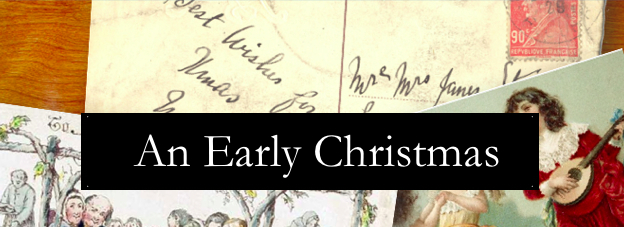On the Tenth Day of Early Christmas We Went to Ireland Again. A Little.
Danny Johnson
This has become one of the most popular of the pieces we do an a regular basis; we haven’t done it since 2013 so here it comes again with slightly newly arranged parts…
It is known as The Enniscorthy Christmas Carol to much of the world except that when it was first printed in the Oxford Book of Carols in 1928 it was called The Wexford Carol. Things get really confusing in the world of traditional / aurally transmitted music sometimes. (Shhh. It might also be that the text is of English origin; I think I would be careful where I spread such rumors, though.) The melody is indeed of traditional Irish origin and is probably not very old: mid-19th century, maybe? Our arrangement goes through stages: from quietly meditative to a sort of early 19th century string quartet / or trio with voice style to a reel with harp, flute, mandolin, violin, continuo, and voice. Really fun.
But the real reason we’re talking about this today is that I first arranged it in 2010 for Cayla Cardiff to sing and, man, does she ever sing the ifreann out of it! Here's a teaser audio from our CD Swete was the Songe:
As coincidence would have it, today is Cayla's birthday! Wish her Lá breithe shona duit and come hear her sing!
























